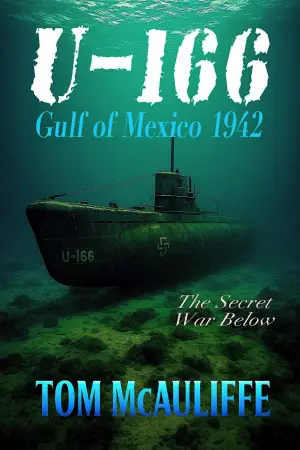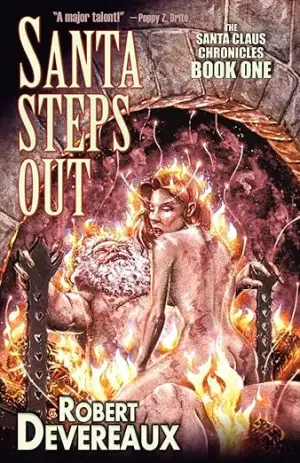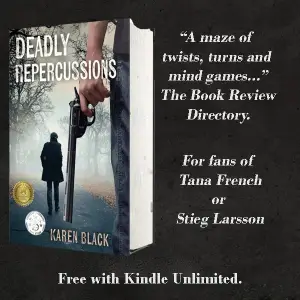Embracing Shadows: A Journey through The Shadow of the Wind
From the moment I cracked open The Shadow of the Wind by Carlos Ruiz Zafón, I felt a magnetic pull towards its pages, whispering promises of literary magic. It was clear within those first few paragraphs that I was in for a journey that would both move and challenge me. The Shadow of the Wind isn’t just a book; it’s an exploration of love, loss, and the haunting specters of our pasts. It drew me in so deeply that I knew I’d need a whole pad of post-its to mark its exquisite quotes, all while daydreaming about savoring it in its original Spanish—its rich poetry begging to be appreciated in its most authentic form.
At the heart of the novel lies a young boy named Daniel, introduced to the mysterious Cemetery of Forgotten Books by his father. This enchanting labyrinth of tomes sets the stage for Daniel’s awakening—a profound connection with literature that shapes his fate. He selects a novel that stirs his soul, drawing him into a web of intrigue surrounding its enigmatic author, Julián Carax. As Daniel uncovers the mysteries entwined with Carax’s life, he finds himself in a deadly chase against an unseen book burner, each page turning like a tender, shadowy waltz between destiny and despair.
There’s something incredibly poignant and beautifully metaphorical about the themes of mortality and identity woven throughout the narrative. The shadows of death haunt the characters, serving as a reminder of the nuances in living fully or surrendering to complacency. Zafón’s clever use of the word "shadow" evokes different shades of existence—whether as manifestations of dreams, memories, or darker inclinations. Each character’s struggles reflect their choices, illuminating the haunting realization that death can be chosen in myriad forms, whether it be through despair or the very act of living.
As the paradox of fate plays out, I couldn’t help but draw parallels between Daniel and Julián. Both are shaped by their circumstances, love, and family conflicts—Daniel’s journey becoming an echo of Julián’s tragic yet captivating existence. Their intertwined fates raise intriguing questions about choice versus destiny, leaving readers pondering what truly governs our paths. Julián’s notion that “there are no coincidences” lingered with me long after I closed the book, hinting at the complications and curses of our subconscious desires.
Zafón’s writing style bewitched me with a flowing cadence that felt alive. The way he transforms Barcelona into a gothic landscape was nothing short of breathtaking, allowing each corner of the city to breathe with character and history. The romance wrapped in vivid imagery made me smile, even laugh aloud at moments, immersing me even further into Daniel’s world. It’s a narrative that ebbs and flows, at times gripping and intense, yet it took until two-thirds in for me to realize how deeply I was invested. The twists and turns were rich enough to soothe my literary soul, yet several elements made me pause for thought, particularly the slightly awkward perspective shifts.
Despite a few issues—like the sometimes extreme quotes that felt a tad too ready-made—I couldn’t help but appreciate Zafón’s clever self-awareness. He uses humor and depth to deal with the heavier themes, crafting a balance that is often rare in literature.
Ultimately, The Shadow of the Wind offers a tapestry not only for those who revel in the beauty of literature but also for anyone who finds themselves pondering the complexities of life, love, and fate. If you’re drawn to tales that meld mystery with poignant reflections on existence, then this book is calling your name. To me, reading it felt like a gentle reminder that, while shadows may haunt us, they can also lead us to the light if we allow ourselves to step into them fully.
Discover more about The Shadow of the Wind (The Cemetery of Forgotten Books… on GoodReads >>







